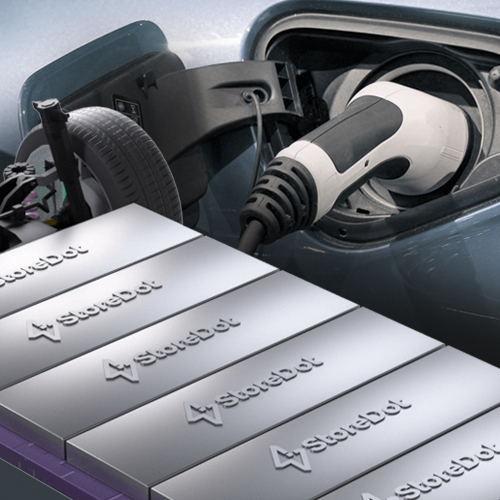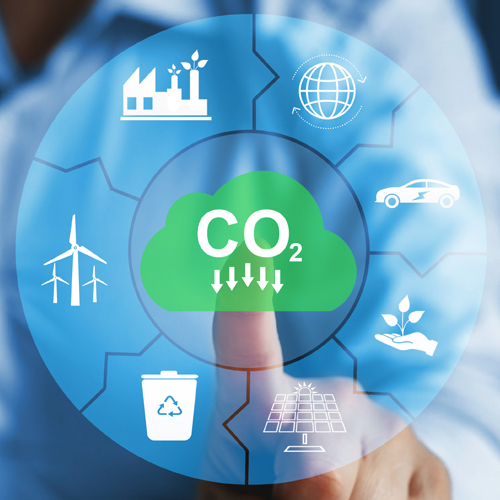Is there an alternative to using petrol and diesel? A few days ago we talked about an emerging technology in the biofuel industry called e-methanol. More and more research is starting to focus on new ways of generating non-polluting fuels.
Cars are currently an important polluter globally, a fact that has led the European Union to set a date for the end of the sale of not-electric cars and vans (2035). There is only one exception for the production of petrol and diesel vehicles: synthetic fuels.

What are synthetic fuels?
Synthetic fuels are considered a more sustainable alternative to the fossil fuels currently used, as they can be produced from renewable sources and thus help to reduce greenhouse gas emissions. Unlike conventional fuels, such as petrol and diesel, which are refined from crude oil, synthetic fuels are created by synthesis, using CO₂ from the atmosphere and hydrogen, which is extracted from water by hydrolysis.
These fuels are compatible with current infrastructures, work in combustion vehicles and can be used with existing logistics networks.
These fuels are compatible with current infrastructures, work in combustion vehicles and can be used with existing logistics networks.
Drawbacks of synthetic fuels
Although at first glance these fuels may seem an ideal option for combating pollution without having to dispense with the combustion engine car, synthetic fuels have some drawbacks. Firstly, the cost. There are limits to much can be produced on a large scale, so the price to fill up a tank would be twice as expensive for the consumer (up to €200).
Another handicap is that, even if the fuel has been produced using renewable sources, cars powered by synthetic fuels still pollute the environment and affect people’s health.
In conclusion, yes, synthetic fuels are more sustainable than fossil fuels, as their production reduces the greenhouse effect, but even so, the pollution produced by vehicles is not eliminated.
Another handicap is that, even if the fuel has been produced using renewable sources, cars powered by synthetic fuels still pollute the environment and affect people’s health.
In conclusion, yes, synthetic fuels are more sustainable than fossil fuels, as their production reduces the greenhouse effect, but even so, the pollution produced by vehicles is not eliminated.



